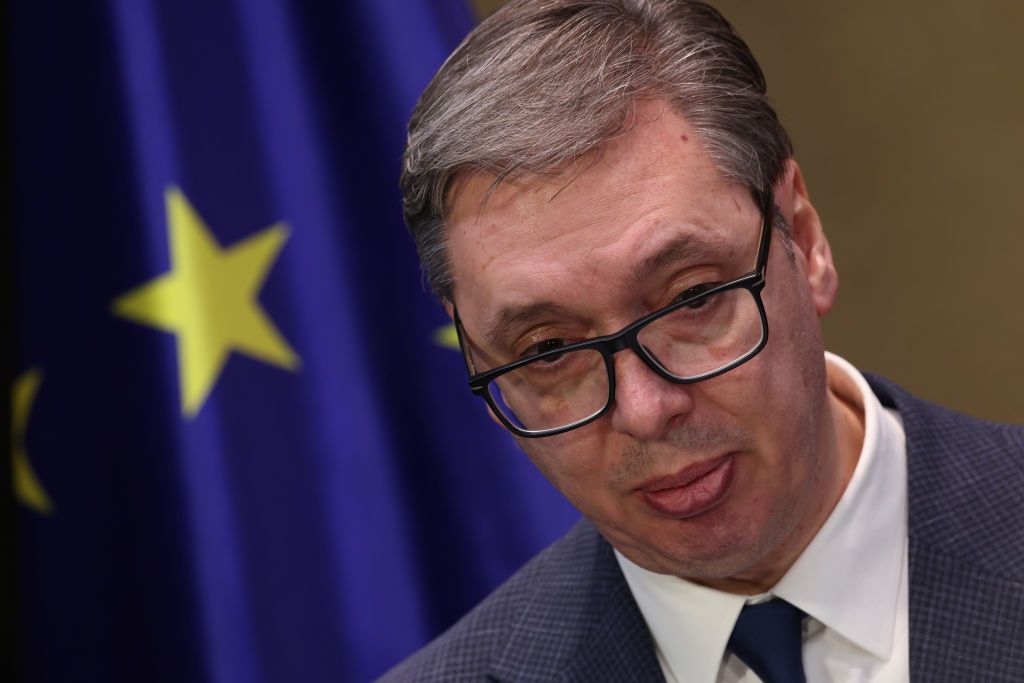Russian gas transit deal ends on December 31, won't be renewed, PM Shmyhal says

Prime Minister Denys Shmyhal announced on Dec. 16 that the deal allowing Russian gas to transit through Ukraine will not be extended beyond the end of the year. His statement comes as several European countries intensify efforts to secure alternative energy supplies.
Following discussions with Slovak Prime Minister Robert Fico, Shmyhal said Ukraine is open to negotiating gas transit for any origin except Russian.
"To this effect, if the European Commission officially approaches Ukraine about the transit of any gas other than Russian, we naturally will discuss it and are ready to reach an appropriate agreement," Shmyhal noted in a statement on his Telegram channel. "I stressed that Ukraine's agreement with Russia on gas transit comes to an end on January 1st 2025 and will not be extended."
Shmyhal added that significant progress has been made over the past year to ensure EU countries have sufficient energy supplies, particularly gas.
Slovakia and other nations relying on Russian gas transiting through Ukraine are engaged in discussions to prevent disruptions when the contract expires.
Fico, ahead of his talks with Shmyhal, emphasized that maintaining gas transit is not solely a bilateral concern for Ukraine’s neighbors but an issue affecting the entire European Union.
Fico previously said his goal to ensure continued eastern gas supplies to avoid increased costs associated with alternative transit routes. Slovakia holds a long-term contract with Russian energy giant Gazprom.
Slovak Economy Minister Denisa Sakova said earlier in Brussels that European countries and companies collectively require around 15 billion cubic meters of Russian gas next year via Ukraine and are negotiating ways to secure new supplies.
Slovakia is aiming for an agreement covering gas deliveries for the next two to three years. The EU, meanwhile, has set a target to phase out Russian fossil fuels by 2027.












